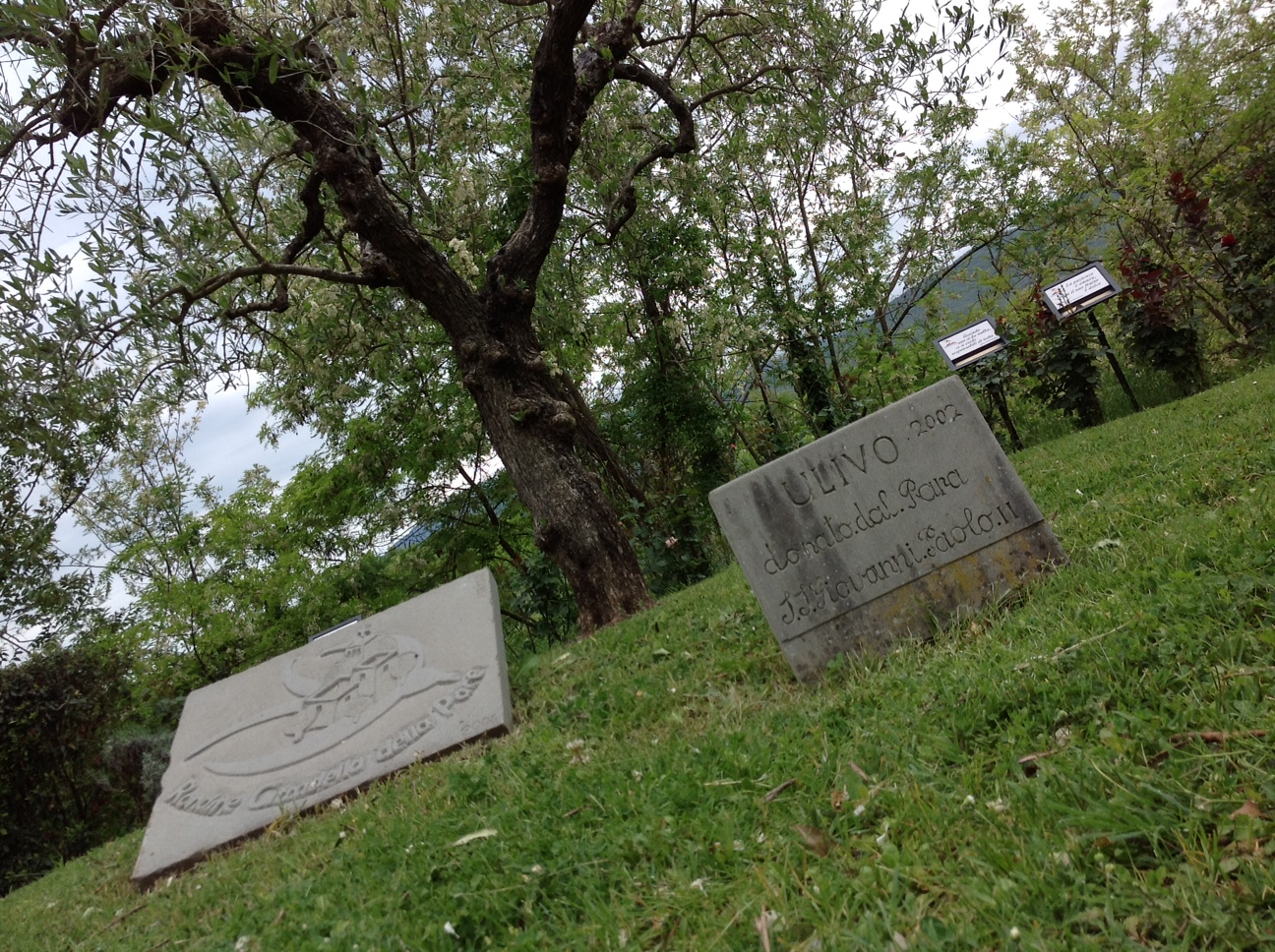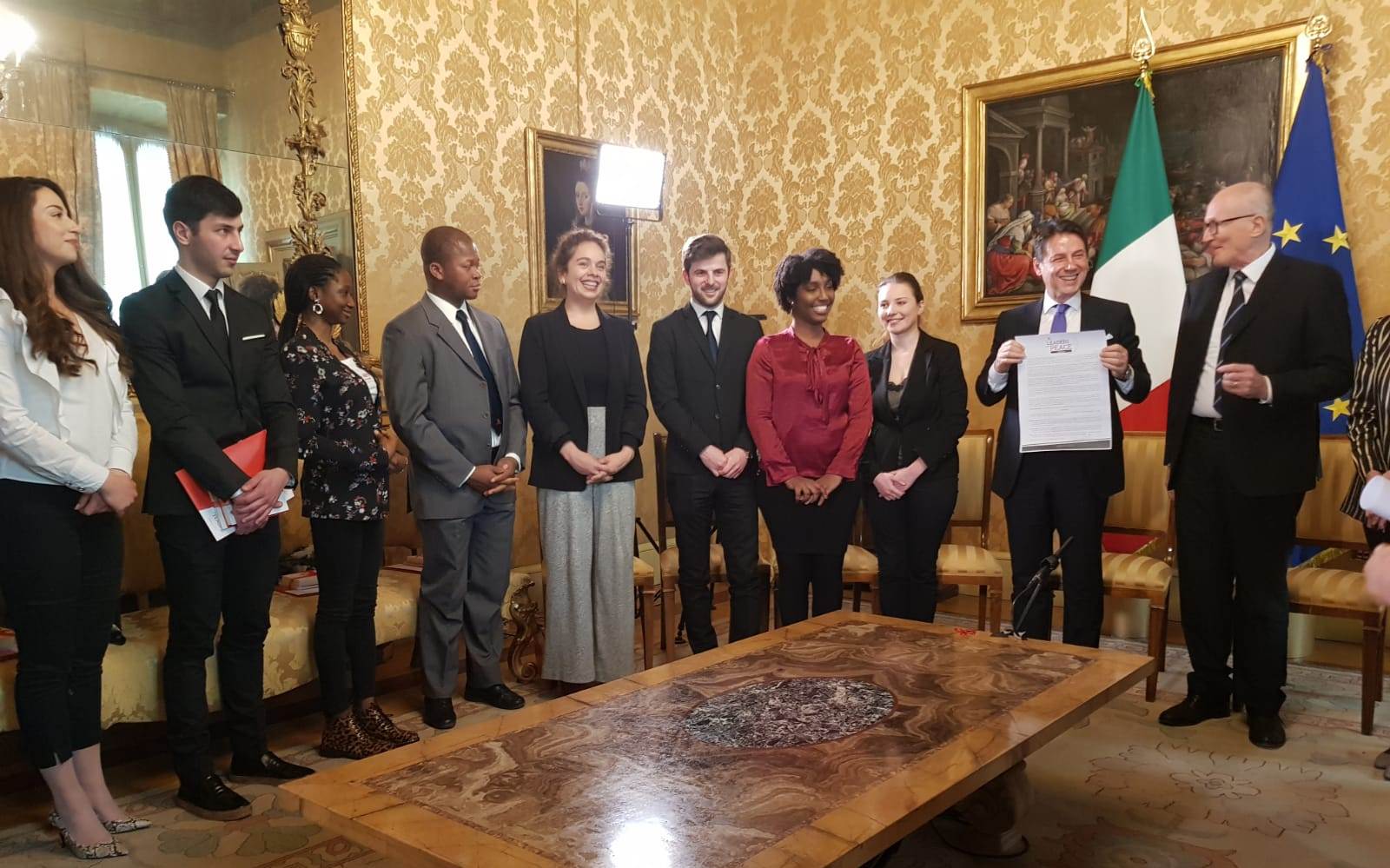It is with great pleasure that we announce the publication of a new scientific article dedicated to the contribution of Simone Weil’s thought and the Rondine Method to the pedagogy of attention, published in the 2025 issue of the Revista Internacional de Teoría e Investigación Educativa (e-ISSN: 2990-1936).
The article, titled A Pedagogy of Attention: Simone Weil and the Trans-Formative Approach of the Rondine Method, arises from the dialogue between Benedetta Sonaglia, researcher in moral philosophy and Head of the International Laboratory on the Rondine Method, and Prof. María del Sol Romano, professor of the history of philosophy at Universidad Iberoamericana Puebla (Mexico), one of the world’s leading scholars of Weil’s thought.
This publication was made possible thanks to the invitation of Prof. David Luque Mengíbar, professor of theory and history of education at the Complutense University of Madrid, who recognized in the Rondine Method an innovative and fruitful perspective for the contemporary pedagogical landscape.
A meeting between philosophical thought and educational practice
The article brings into dialogue Simone Weil’s pedagogy of attention—grounded in the search for truth, justice, and the capacity to “attend” to reality—with the trans-formative approach of the Rondine Method, which makes attention a true relational competence capable of transforming conflict.
As the authors emphasize, within the Rondine Method attention becomes a “right distance” that enables the I and the You to recognize one another, share their lived experience, and generate a We capable of transforming wounds into opportunities for encounter.
The Laboratory’s first publication in Spanish
This article also represents a significant milestone for Rondine: it is the first translation of our academic work into Spanish, an important achievement that opens the door to new collaborations and to the international dissemination of research on the Rondine Method.
The journal issue will circulate widely in the humanities faculties of Spanish universities, as well as within the Faculty of Arts and Philosophy at Universidad Iberoamericana Puebla. This is a valuable opportunity to share our experience and foster an increasingly broad scientific dialogue on the theme of the creative transformation of conflict.
RESOURCES:
Publication: https://revistas.ucm.es/index.php/RTIE/issue/view/4640
Read the PDF article here



